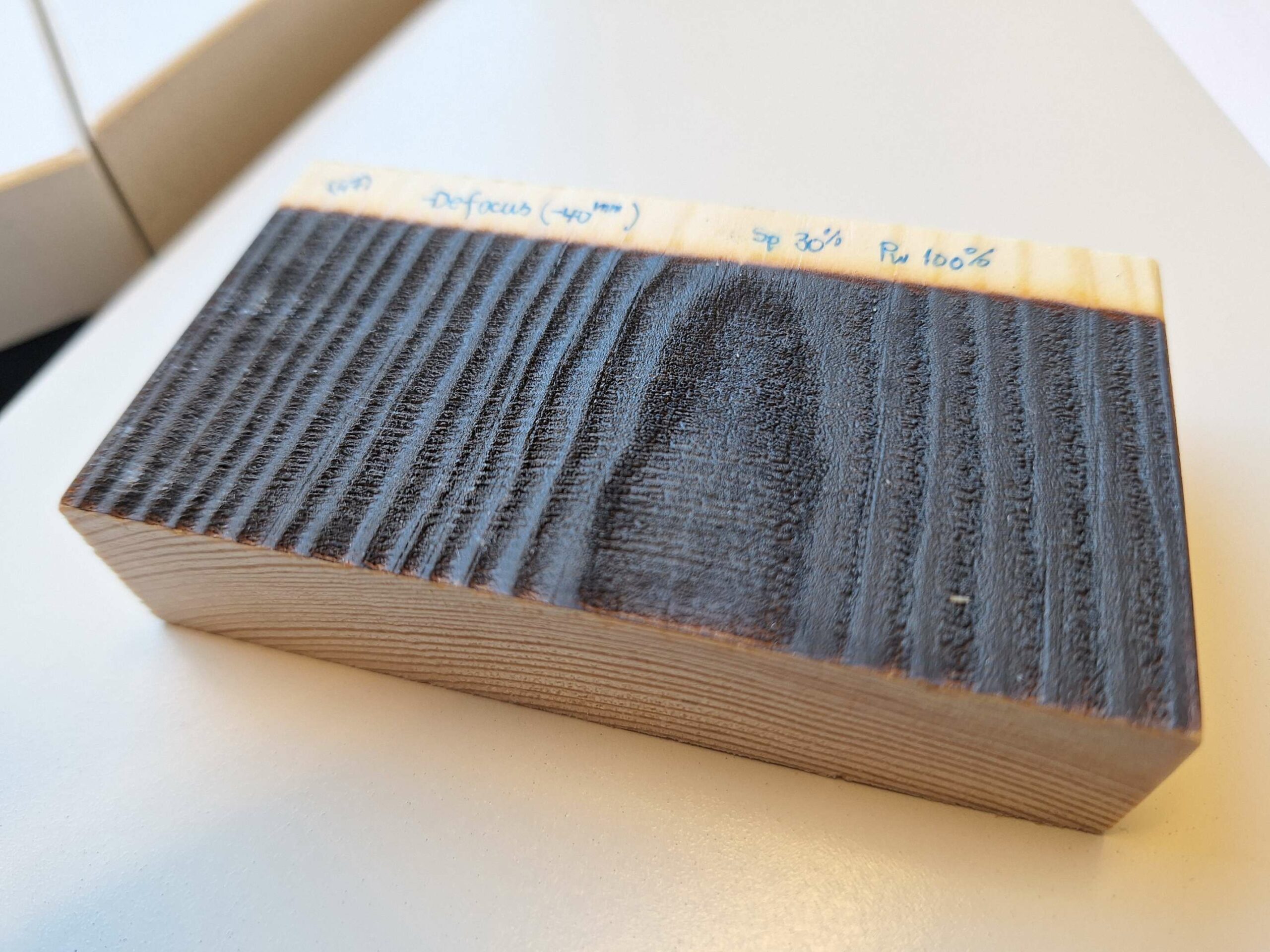
PerfectWood co-research project joins the ExpandFibre Ecosystem
ProjectsA three-year Business Finland funded project titled PerfectWood – Durable wood materials in future products – was launched in January 2024. As the project is well aligned with the themes of ExpandFibre, the project consortium wanted to link the project with the ExpandFibre Ecosystem. The PerfectWood initiative aims to make the most out wood by exploring the possibilities to improve its characteristics and requirements set by wood construction in urban areas, for example. We learned more about this interesting project with Antti Korpela and Hannes Orelma from VTT.
Senior Scientist Antti Korpela from VTT explains that PerfectWood project was partially inspired by the vast catalogue of past as well as ongoing research and development work on lignocellulosic materials at VTT in multiple application areas including paper, cardboard, and textile fibres. The VTT team thought that this prior expertise and the developed analytical methods could also be highly useful when assessing and developing suitable wood processing methods of the future. Aalto University near the VTT premises in Otaniemi, Espoo, was a natural choice as the primary research partner for the PerfectWood co-research project. Prof. Lauri Rautkari from the Department of Bioproducts and Biosystems is the principal investigator for the PerfectWood project from Aalto University’s side.
Another starting point for the PerfectWood project was dictated by the current high standards required by modern wood construction in urban areas. There is a growing trend to increase wood as the primary building material of residential buildings in urban areas, but the wood characteristics for fire resistance, durability etc. must be enhanced to comply with the most stringent requirements set for these materials.
Research Team Leader Hannes Orelma from VTT continues to add that the key focus of this co-research project is researching the chemical modification of wood. Acetylated wood is the industry standard for chemically treated wood producing highly durable end products, but the method is rather costly, and the acetylation method has been found to only work well with radiata pine (Pinus radiata) – an endangered wood species that is cultivated in e.g. Australia and New Zealand. Thus, the PerfectWood research teams are highly interested to assess the applicability of acetylation for Finnish softwood species such as pine.
The PerfectWood project seeks to find suitable methods to “perfect” the Finnish wood. These include finding local alternatives for acetylated wood and a good absorption of chemicals. Finding a solution to this objective would significantly add to the value of wood, because the modification would greatly improve the characteristics of the material for certain applications. Such wood would not decompose, and it would become a very durable material for facade units, for example. Despite the imminent costs linked to modification methods, such wood could be sold for a very high price.
In the PerfectWood project, VTT will be studying the accessibility of chemicals into the wood matrix. Experiments have been started already at VTT on how to use lasers to modify the wood’s surface with engravings, structures, controlled charring (main photo), and colour variations. As such, Finnish pine is a more challenging raw material than the radiata pine: its chemical absorbency is not as good, and its colour is often affected when chemically modified. Therefore, the studies focus on how to improve these characteristics without compromising the absorbency of chemicals in processing. What is also being studied is what kind of enzymes could open up the wood pores to allow for enhanced chemical absorbency in processing. Aalto University in turn will study the impacts of different wood drying methods for absorbency and wood accessibility. A positive impact to wood absorbency gained by finding a suitable drying method, would be an excellent outcome for the PerfectWood project.
PerfectWood project partners:
VTT Technical Research Centre of Finland, Aalto University, Elomatic, Lappset Group, Metsäliitto Osuuskunta, Novenberg, Palonot, Raute and Versowood.